Latest Human Rights Wins
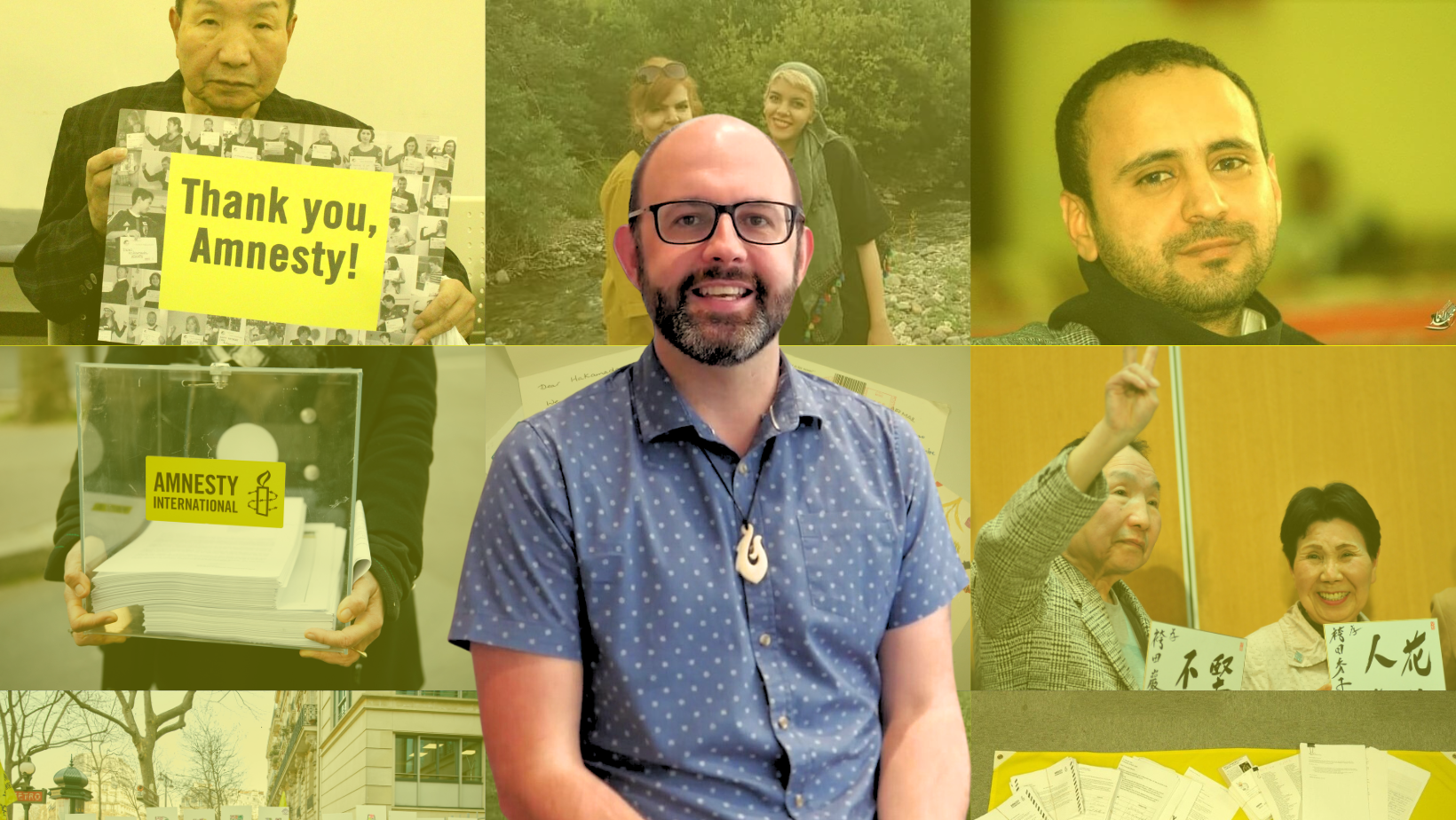

Does Amnesty International make a difference?
Have you ever wondered how human rights advocacy and campaigning work? What is the impact of signing a petition or making a donation?
When you add your name to a petition or donate to support our vital human rights mahi, you’re joining a life-changing movement. You are freeing those wrongly imprisoned, changing unjust laws and holding those powerful to account.
Let’s have a look at the positive outcomes we have achieved together so far this year. Read about stories of hope, triumph over adversity, and lives transformed by our collective efforts.
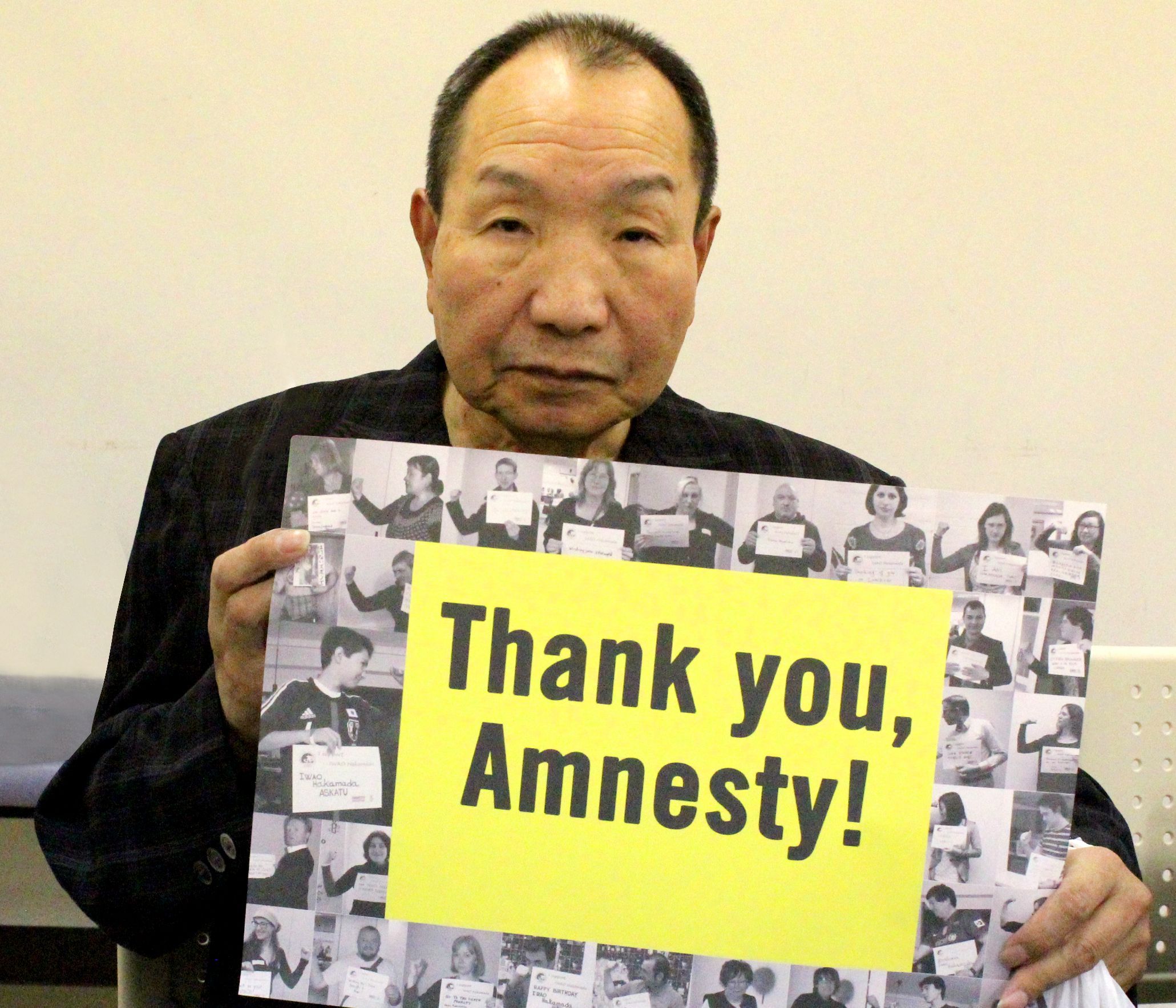
Justice pursued for world's ‘longest-serving’ death row prisoner
In March this year, Tokyo's High Court ruled that 87-year-old Hakamada Iwao, whose 45 year-stretch on death row is believed to be the world’s longest, should be granted a retrial.
Hakamada Iwao was sentenced to death in 1968. His conviction was based on a forced ‘confession’ and there are serious doubts about the other evidence used against him. Death row inmates are only notified on the morning of their execution, and their families are typically informed only after the execution has taken place.
Amnesty International opposes the death penalty in all cases without exception. The decision to grant a retrial for Hakamada is a long-overdue chance to deliver justice and a win for everyone who has stood in solidarity with him around the world.
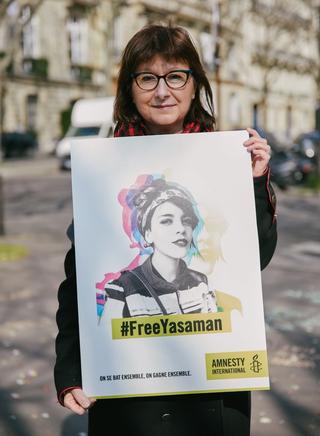
Women’s rights defenders released from prison early
In 2019, on International Women’s Day, Yasaman Aryani and her mother Monireh Arabshahi campaigned against forced veiling in Iran. They removed their headscarves and walked through a women-only train carriage handing out white flowers, talking about their dream for all women to choose what they wear.
Their message of hope touched the hearts of millions worldwide when a video of their act went viral. In response, the women were arrested and sentenced to a shocking 16 years in prison for "inciting and facilitating corruption and prostitution".
After their arrest, Amnesty International launched a global petition to demand their release. Over one million people around the world signed their name to join this call for justice.
After almost four years in prison, Yasaman and Monireh were freed in February 2023 – 12 years earlier than their original sentence. The pressure of our collective voices can make a difference – Yasaman and Monireh’s story is just one example.

Saudi sponsorship of FIFA Women’s World Cup given the boot
In February 2023, it was reported that Saudi Arabia's tourism board Visit Saudi intended to sponsor the upcoming FIFA Women's World Cup in Australia and Aotearoa New Zealand.
This was a blatant attempt at sportswashing, a distraction from the horrific human rights abuses faced by women, girls, and LGBTQIA+ people in Saudi Arabia.
Amnesty International Aotearoa New Zealand launched a petition calling on Sports Minister Grant Robertson to speak out on Saudi Arabia’s human rights record, urge true reform and pressure FIFA to do the same.
In March, FIFA announced that Visit Saudi would not become a sponsor for the Women's World Cup. This decision was the result of unrelenting pressure from New Zealanders, Australians and all those who spoke out against Saudi Arabia’s treatment of women.
This is an amazing example of the strength of the Amnesty International movement and the tangible impact of people power!
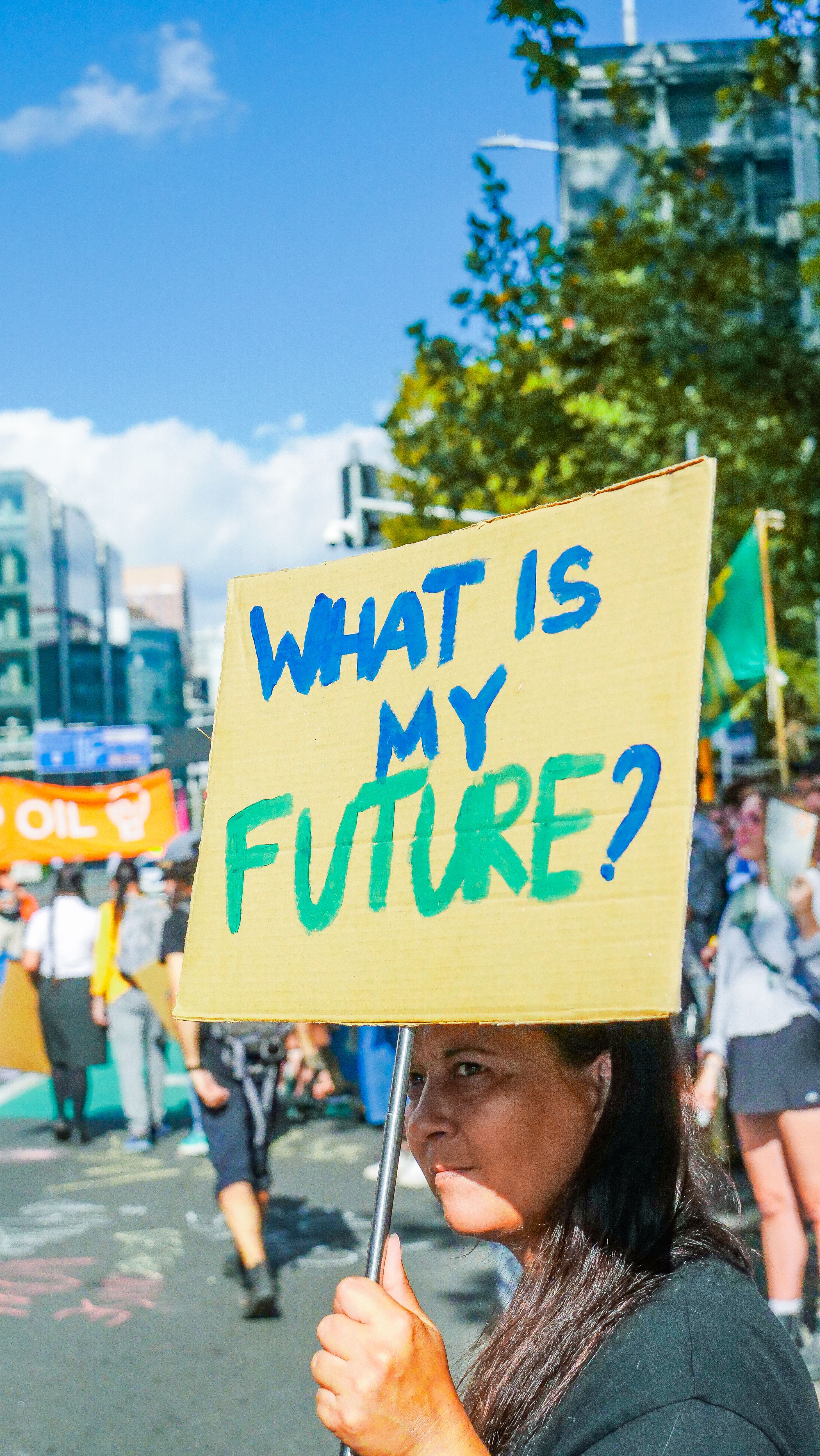
Aotearoa joined the fight to put climate justice on the international agenda
After tireless advocacy by students from across the Pacific, and with support from Amnesty International, Aotearoa New Zealand became one of 105 countries to support the Vanuatu initiative to take the issue of climate justice to the world's highest court.
Taking climate change to the International Court of Justice means the court will give a legal opinion on the obligations of governments to protect the human rights of present and future generations against the adverse effects of climate change. Marta Schaaf, Amnesty International’s Director of Climate, Economic and Social Justice, and Corporate Accountability Programme said:
“This is a landmark moment in the fight for climate justice as it is likely to provide clarity on how existing international law, especially human rights and environmental legislation, can be applied to strengthen action on climate change. This will help mitigate the causes and consequences of the damage done to the climate and ultimately protect people and the environment globally."
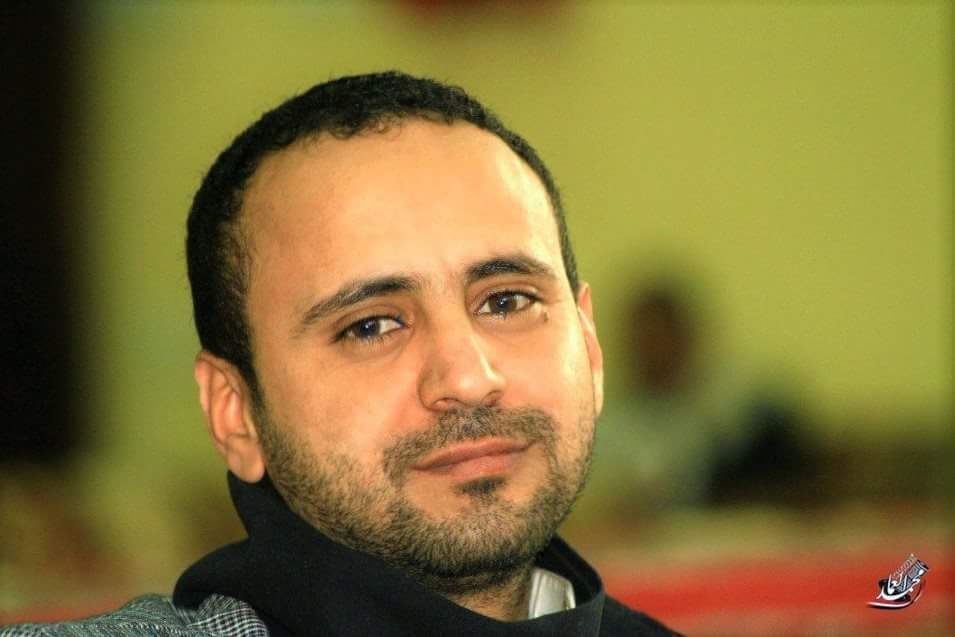
Yemeni journalists released after seven years
Akram al-Walidi, Abdelkhaleq Amran, Hareth Hamid and Tawfiq al-Mansouri – four Yemeni journalists sentenced to death in 2020 – were released in April as part of a prisoner exchange.
Amnesty International has closely monitored their situation since the men were first arrested in 2015. They were sentenced to death on 11 April 2020 by the Specialized Criminal Court in Sana’a following a grossly unfair trial in which their lawyer was barred from attending nearly all court sessions. The men have suffered a plethora of human rights violations, including enforced disappearance, arbitrary detention, denial of medical care, solitary confinement and torture.
Their freedom is a major win for everyone who has taken action to call for their release.

Iranian LGBTQIA+ rights activist freed from death penalty
Zahra Sedighi-Hamadani (known as Sareh) was sentenced to death in Iran for advocating for LGBTQIA+ rights on social media. Sareh is a gender nonconforming human rights defender who was arrested by Iranian authorities for “corruption on earth.” In December 2022, her death sentence was overturned by the Supreme Court and her case was sent back to a lower court for a retrial. On 18 March 2023, she was released from Urumieh prison, West Azerbaijan province, on bail.
The decision was thanks for the work of thousands of human rights advocates, including over 46,000 Amnesty supporters who rallied for her release.
During her time in prison, Sareh was held in prolonged solitary confinement and endured interrogations and verbal abuse by prison guards — actions that violate her human rights. Her release shows that advocacy from Amnesty members like you really does work to change lives and influence authorities.
There is more work to do to ensure that human rights are enjoyed by everyone, and we will keep advocating for human rights defenders in Iran. Find out more in Amnesty International's latest annual State of Human Rights report.
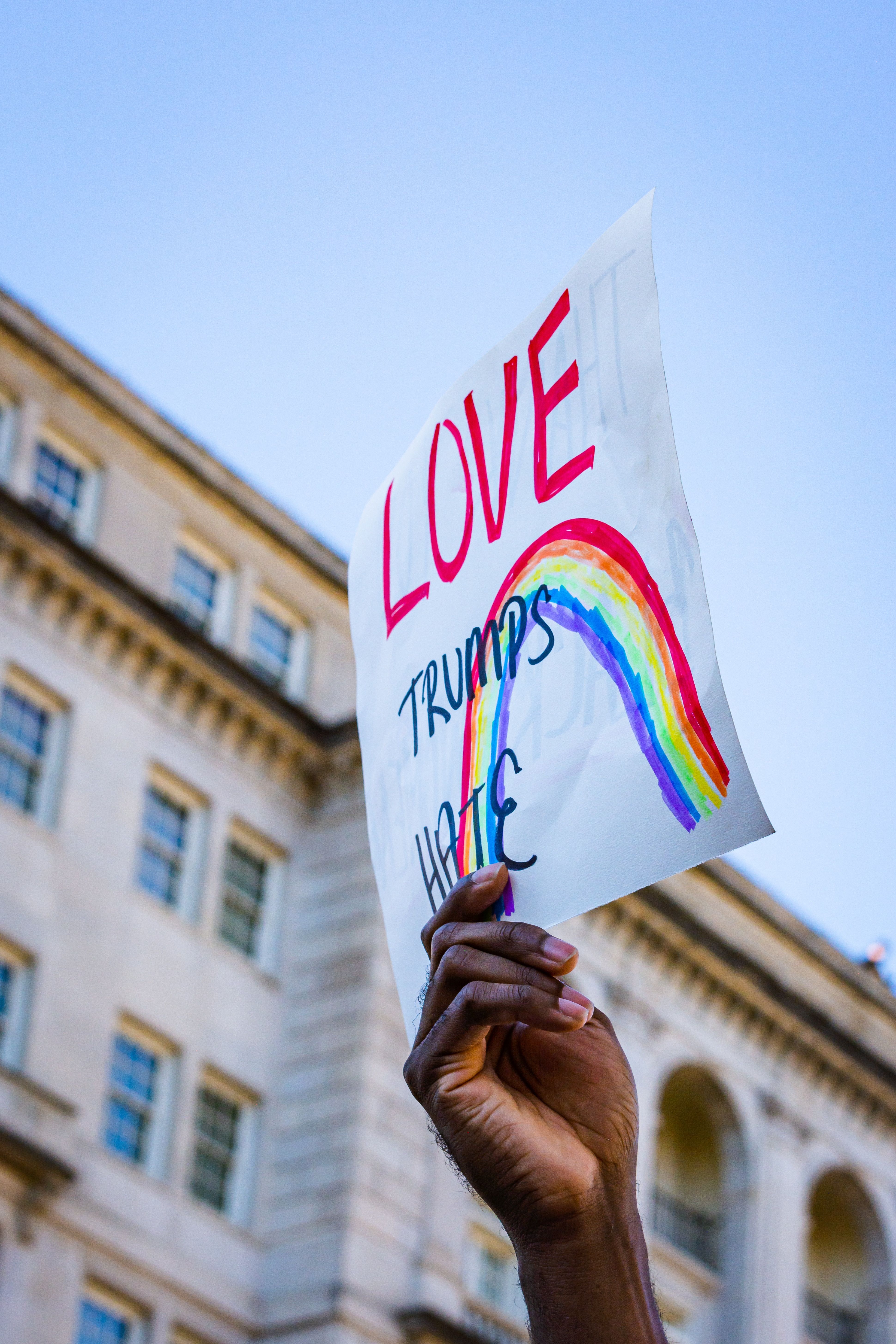
Steps towards protecting trans rights in Finland
In February 2023, Finland took a significant step towards safeguarding the rights of transgender individuals by introducing a new gender recognition law. Under the new law, transgender people can have their gender legally recognised without being required to undergo sterilization or psychiatric assessment.
This landmark achievement was made possible by the persistent efforts of the trans community, and other advocacy groups, who have campaigned for more than a decade. The victory is a testament to the unwavering commitment of activists who have faced toxic rhetoric and adversity in their fight for change.
The support of over 347,000 people worldwide who signed Amnesty International's petition showed the Finnish government that the world was watching.
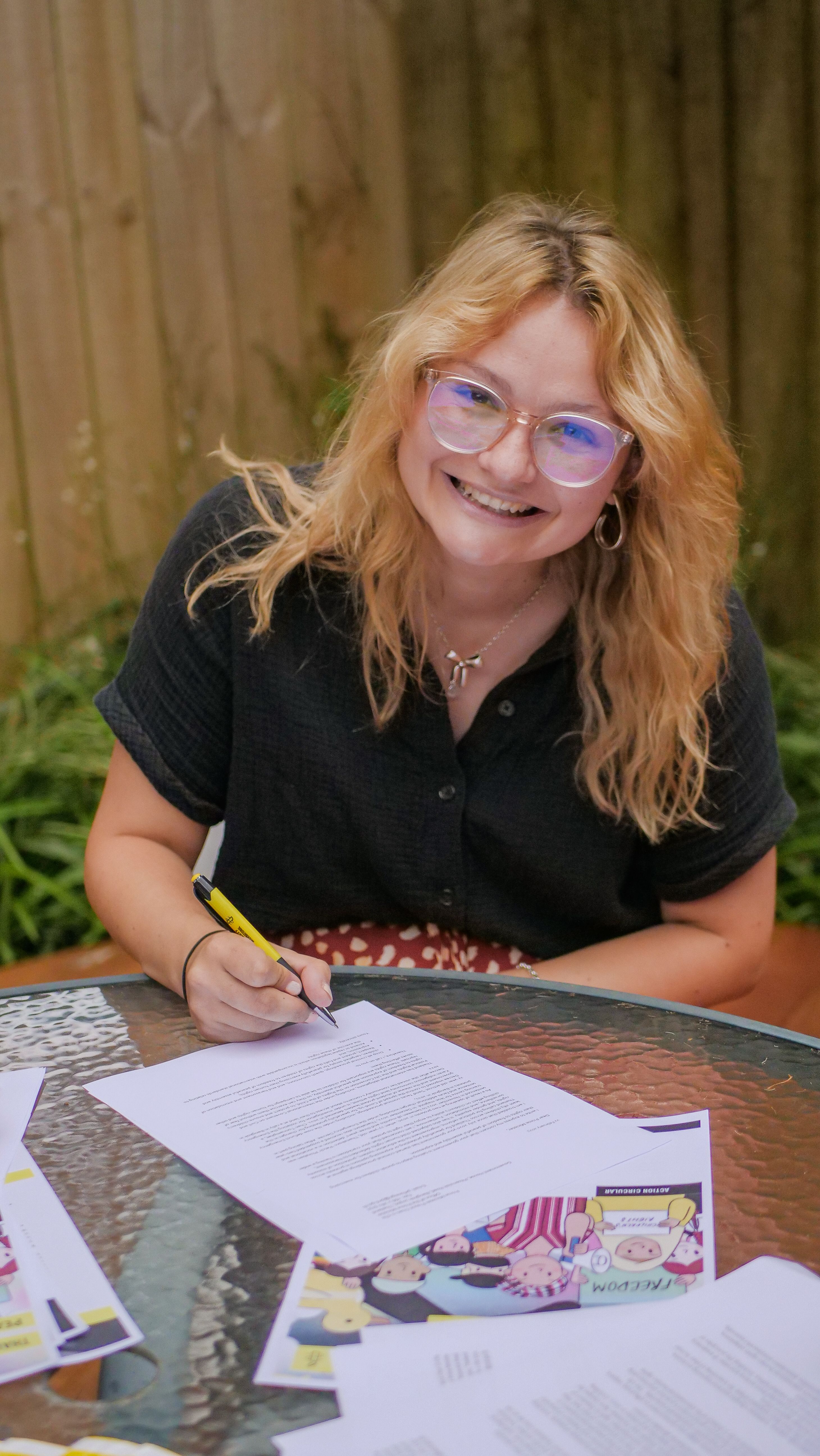
Join the movement!
We can only carry out this lifesaving work thanks to the generosity and commitment of regular donors. Together, we can make the Amnesty International movement a potent force for change.
Your contribution is critical to saving the lives of people at risk of execution, freeing those unjustly imprisoned, and pushing those in power to protect human rights.
Together, we can bring hope to millions of people whose rights have been ignored, denied or violated. Together, we can be the change you wish to see in the world.
Make a donation today and shine a light in the darkness.
